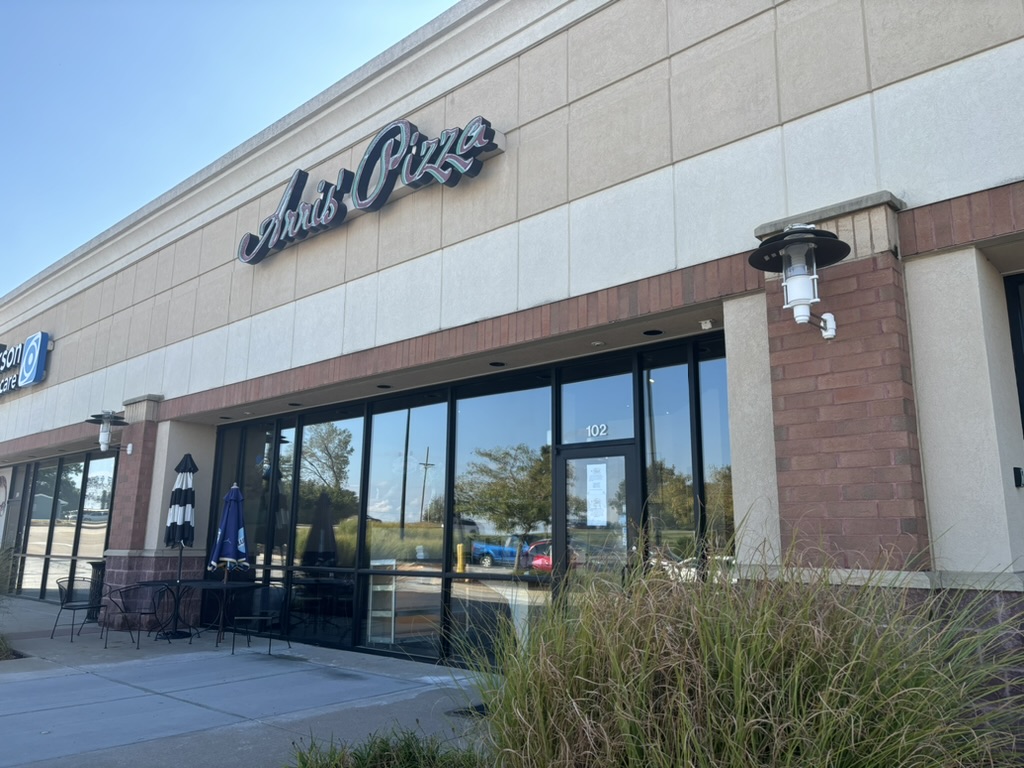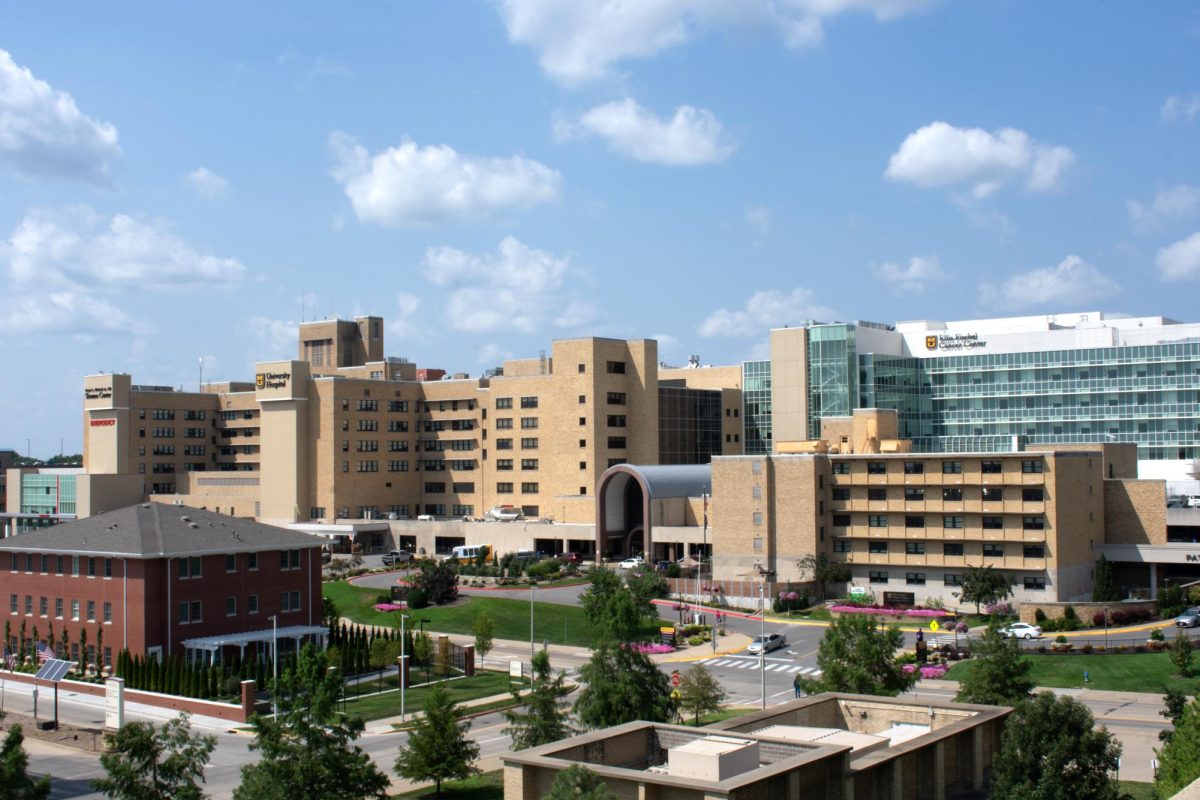A year and a half after the creation of Faculty Council’s Race Relations Committee and a year after the MU race-based demonstrations of last fall, the committee has published [a progress report](http://facultycouncil.missouri.edu/issues/report-of-the-progress-of-the-race-relations-committee-to-the-faculty-council/RaceRelationsReport.pdf) in September about what they have learned about racism on campus and is still determined to resolve race issues on campus.
Their report outlined the different experiences, insights, and recommendations the committee had and expressed a desire to create similar committees across the UM system.
Some of the committee members became prominent figures during the on campus protests last fall, specifically Jonathan Butler and Mike Middleton. Butler was well-known for going on a hunger strike in November 2015 until then-UM System President Tim Wolfe resigned. Middleton became the interim president after Tim Wolfe’s resignation.
Despite the committee’s work in last fall’s events and since then, Chairman Berkley Hudson said he is worried that the campus has lost the sense of immediacy needed to resolve race issues.
“I still have a sadness, concern, worry that the urgency of last fall has dissipated,” Hudson said. “The urgency to address the tensions and conflicts of race relations has dissipated.”
Faculty Council created the committee after then-Chancellor R. Bowen Loftin held a listening session on Dec. 1, 2014, in response to the protests in Ferguson and [protests on campus](https://www.themaneater.com/stories/2014/12/3/mu4mikebrown-demonstration-draws-hundreds/) about Ferguson. During the session, the focus quickly shifted to the experiences of students and faculty on MU’s campus, so the administration began looking for someone who could lead a committee to discuss racial issues.
Craig Roberts, professor and Faculty Council chairman at the time, is one of the committee’s founding members. He appointed Hudson as chairman of the committee. Roberts also joined the committee because, after the listening session, he wanted to help the students who had suffered “a steady dose of discrimination.”
“I saw more ‘group pain’ and ‘group hurt’ than I have seen in a long time,” Roberts said in an email. “The students and some faculty were listing off everything that had happened to them, and most of it was subtle or unintentional mistreatment … I began listening better. I came to see us living in the parallel universe. My world, which occurs alongside the world of my black colleagues, is completely different.”
Hudson said when the administration approached him to be the chairman of what would become the Race Relations Committee, he was initially wary.
“I was hesitant,” Hudson said. “I wasn’t so sure that the chancellor and the administration would be so supportive, but I met with them for about two hours and I was persuaded that Chancellor Loftin was serious about wanting to address problems with race relations on campus and that he would be supportive. So I agreed.”
Hudson said it took him a while to fill the committee because he wanted a diversity of viewpoints and people willing to talk.
“You have to include the wide range of viewpoints and backgrounds in any discussion that has to do with race,” Hudson said. “That’s what is very difficult to do: to get people comfortable enough to be uncomfortable, and talk about race and about their feelings, their attitude, their upbringings, their biases.”
Roberts also explained that the committee members were initially wary to talk because they were worried of being misunderstood, not believed, poorly expressed or ignorant.
“Any comment can trigger anger in the listener — individual or group,” Roberts said in his email. “The discussion can quickly escalate and bring the worst out of us. So we shut down. We begin opening up when we agree to listen and learn. I developed trust with the committee members, which made it possible to ask hard questions and offer controversial perspectives. It took trust to move ahead.”
During the committee’s creation, the founding members were concerned that there were not enough students on the committee. Typically, Faculty Council committees have no student representatives, but Hudson decided the committee needed two students.
The two students were 2016 graduate Corie Wilkens and then-graduate student Butler.
The committee also included a staff representative, Stephanie Hernandez, then-director of the Multicultural Center. This brought the number of committee members up to 12.
Besides having diversity of position, Hudson also wanted people on the committee who did not necessarily believe there were racial problems on campus. Some of these other perspectives were shown in the race relations report.
“I am unconvinced that institutional racism … is a current problem on the MU campus,” committee member Ray Massey said in the report. “I am convinced persons (students, staff and faculty) give negative treatment to those of other races.”
In his recommendations, he encouraged the inclusion of all voices in these types of conversations and a more positive repurposing of privilege.
“We should involve the Christian community in this repurposing,” Massey said in the report. “Christians should recognize and celebrate the blessings God has given them. Christians should recognize that God gives blessings to enable them to serve those less fortunate.”
Despite all the varying viewpoints, there was still one thing that all the committee members agreed on.
“Everyone had a deep heartfelt love for Mizzou, and that’s where we intersect,” Hudson said.
Hudson said he believes diverse viewpoints are necessary for this kind of committee.
“It can’t be everyone who shares the same outlook on this, or I don’t think we will make progress,” Hudson said.
Hudson said he is confident in the power of the committee, though. These committees can act as “greenhouses” that strengthen relationships across the campus.
“We all had a sense of immediacy, and we still today,” Hudson said.
He is hopeful that Kevin McDonald’s work as interim vice chancellor for inclusion and UM System chief diversity officer can, by having a permanent role, greatly help racial tensions on campus. Hudson said for the future, the committee will need McDonald’s “help in having administrative support.”
The committee’s goal, as indicated in their September report, is to develop more similar committees across the UM System. Besides having committees for campuses, there will ideally be committees for individual groups, like the College of Business or School of Medicine. Hudson called it “a bold, ambitious idea.”
Hudson said the populations are becoming increasingly more diverse, though, and the university needs to prepare for that kind of population.
“Missouri is the future of the United States, whether we like it or not,” Hudson said.
_Edited by Claire Mitzel | [email protected]_














